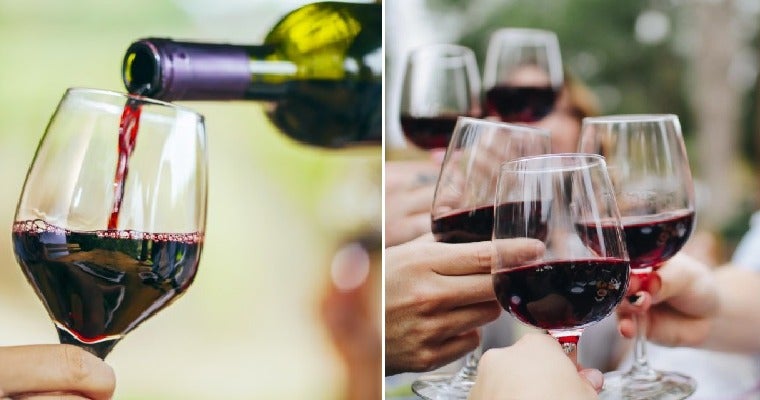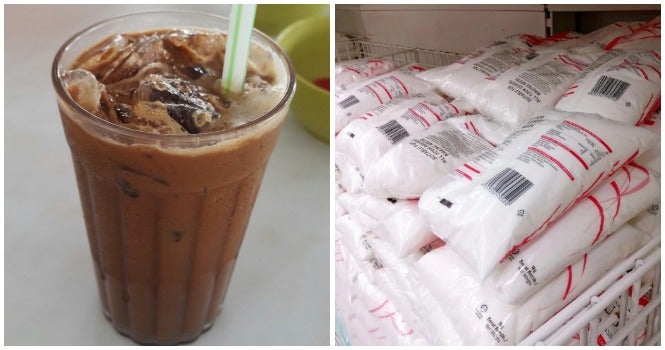Relaxing with a drink after a long day is something that we love to do, but don’t overdo it! Or better yet, reach for that glass of red wine as it just might have more health benefits than you realise. New research from the University of Buffalo and Xuzhou Medical University in China shows that a compound found in red wine has anti-stress and antidepressant effects.
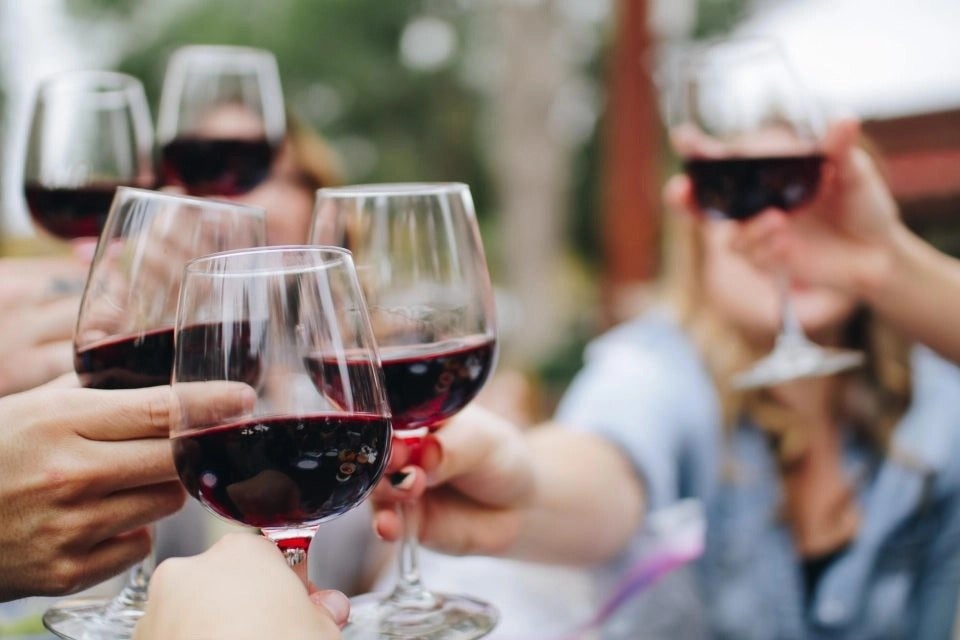
Source: inews
The study, published in Science Direct, said that the plant compound resveratrol is found in red wine. This compound is actually found in berries and grape skin, and has been proven to be effective in blocking an enzyme that is linked to stress control in the brain.
This research was conducted on mice who were pumped full of corticosterone, a hormone that controls the stress response in rodents and humans. They gave the mice high doses of resveratrol, which managed to stop one of the by-products of corticosterone, namely the phosphodiesterase 4 (PDE4) enzyme and the super anxious mice were noticeably happier after that.
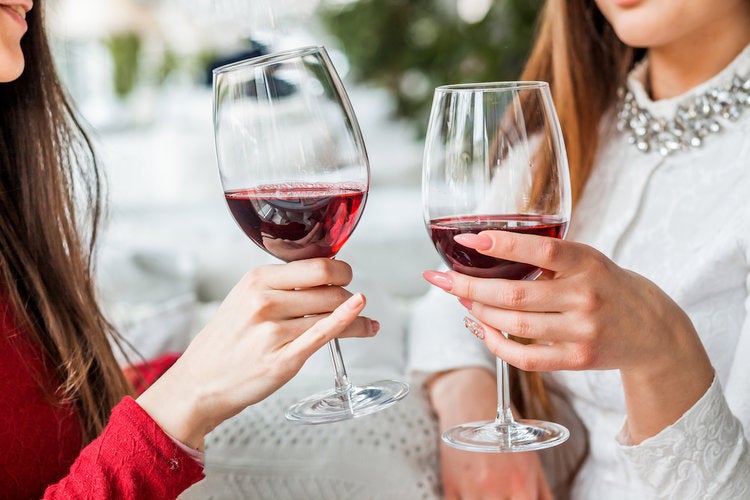
Source: business insider my
However, researchers said that resveratrol relationship with PDE4 is still unknown. Too much stress can lead to the body producing too much of corticosterone in the brain and this can lead to the development of depression, anxiety or other mental disorders.
Now, these new findings could shed light on how resveratrol impacts neurological processes and could lead to more effective medication for people with these disorders. “Resveratrol may be an effective alternative to drugs for treating patients suffering from depression and anxiety disorders,” says Ying Xu, MD, PhD, co-lead author and research associate professor in the UB School of Pharmacy and Pharmaceutical Sciences.
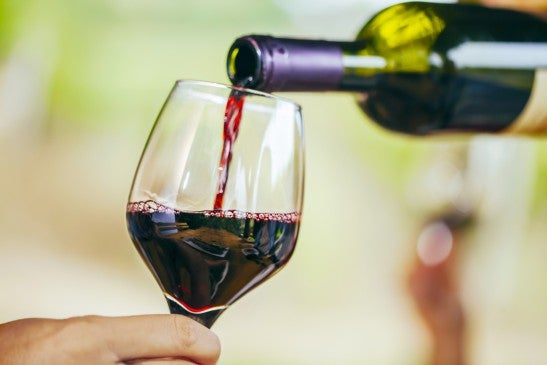
Source: prisma
It’s also important to note that before you start glugging that bottle of red wine, the rodents were given 10mg of resveratrol per kilogram of their body weight. For a normal human being to achieve the same results, one would need to drink 13 litres a day. That’s probably a bit too much!
Remember to drink responsibly and safely okay!
Also read: Study: Drinking Sugary Drinks Can Increase Your Cancer Risk Up to 18%

